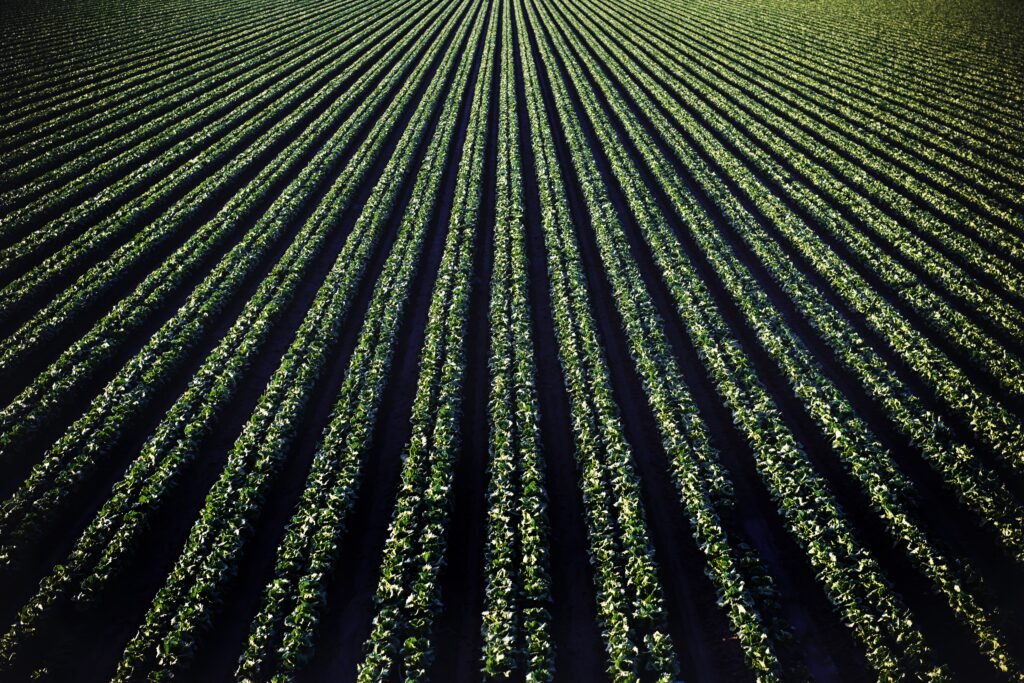Introduction
In recent years, biodegradable mulch has gained popularity as an eco-friendly alternative to traditional plastic mulches. With increased awareness of environmental impact, gardeners and agricultural professionals alike are seeking ways to protect their soil, retain moisture, and reduce weeds—all while minimizing waste. But with so many options, how can you choose the best biodegradable mulch for your needs?
This guide will walk you through the top options for biodegradable mulch, comparing their benefits, practical applications, and sustainability. Whether you’re a home gardener or managing a large-scale operation, you’ll find the ideal mulch for reducing waste while nurturing your plants.
1. What is Biodegradable Mulch?
- Overview: Definition of biodegradable mulch and how it differs from traditional plastic mulch.
- Benefits: Discuss why biodegradable mulch is beneficial—breakdown in soil, minimal environmental impact, supports soil health.
2. Top Types of Biodegradable Mulch and Their Benefits
A. Straw Mulch
- Overview: Straw as a biodegradable mulch is affordable, readily available, and easy to apply.
- Benefits: Retains moisture well, breaks down slowly, and provides insulation for plants.
- Applications: Ideal for vegetable gardens and small farms.
B. Wood Chip Mulch
- Overview: Wood chips are another popular biodegradable option, often sourced from landscaping waste.
- Benefits: Adds organic matter to the soil, suppresses weeds, and is effective for landscaping.
- Applications: Perfect for landscaping beds, fruit trees, and flower beds.
C. Compostable Paper Mulch
- Overview: Paper mulch is often used in large agricultural settings due to its effectiveness and ease of use.
- Benefits: Biodegrades completely, retains moisture, reduces erosion, and requires minimal maintenance.
- Applications: Common in vegetable farming and sustainable agriculture.
D. Coconut Coir Mulch
- Overview: Derived from coconut husks, coir mulch is a renewable resource with excellent moisture retention.
- Benefits: Retains water effectively, lasts longer than other natural mulches, and is lightweight.
- Applications: Suitable for potted plants, raised beds, and arid climates.
3. Factors to Consider When Choosing Biodegradable Mulch
- Climate Suitability: Which mulches work best in wet vs. dry climates.
- Decomposition Rate: How quickly the mulch will break down and whether it needs frequent replacement.
- Cost and Availability: Price comparison and sourcing tips.
- Soil and Plant Compatibility: Matching mulch types with soil types and plant requirements.
4. How to Apply and Maintain Biodegradable Mulch
- Application Techniques: Step-by-step guide to applying mulch to maximize effectiveness.
- Maintenance Tips: Tips for maintaining mulch, replacing when necessary, and integrating into compost.
- Common Pitfalls: Mistakes to avoid, such as over-application or incorrect mulching materials.
Additional Elements for Engagement
- Bullet Points: Use bullet points in sections like benefits and applications for easy reading.
- FAQ Section: Address common questions like:
- How long does biodegradable mulch last?
- Is biodegradable mulch as effective as plastic mulch?
- Where can I buy biodegradable mulch?
Conclusion
Biodegradable mulch offers an environmentally-friendly solution for gardeners and farmers looking to reduce waste while nurturing their plants. By choosing the right type of mulch for your climate and plants, you can enhance soil health, conserve water, and enjoy a sustainable gardening experience. Have any questions or need advice?


